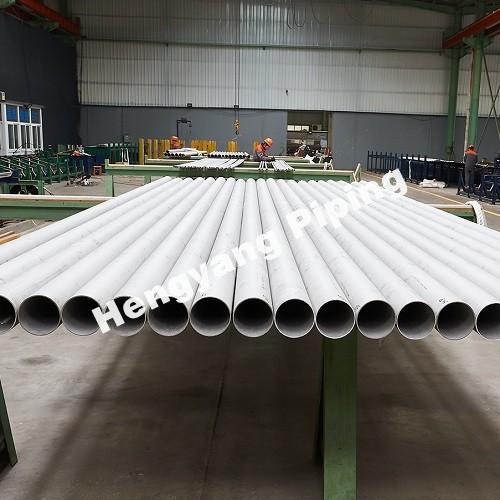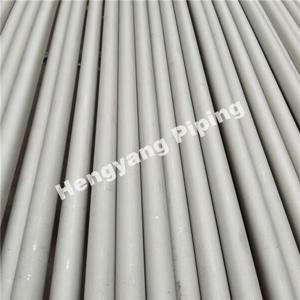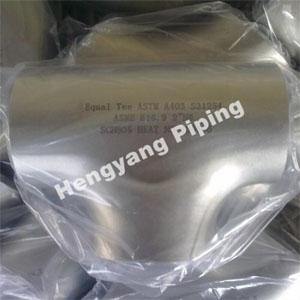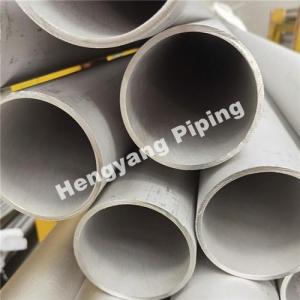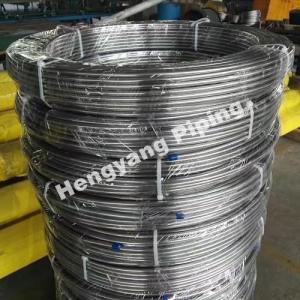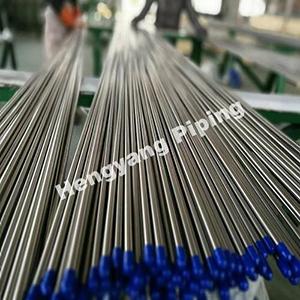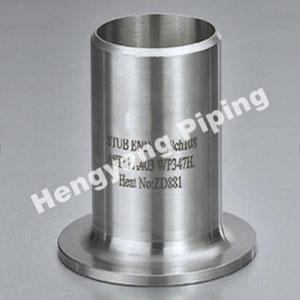Alloy C276 and 316 Stainless Steel: Key Differences
Alloy C276 and 316 stainless steel stand out as two widely utilized materials in various industrial settings. Yet, discerning the disparities between them is crucial for informed decision-making in selecting stainless steel for your project.
Alloy C276
Alloy C276 emerges as a nickel-molybdenum-chromium alloy distinguished by its exceptional corrosion resistance, particularly in acidic surroundings. Renowned for its robustness and malleability, it finds utility across diverse domains such as chemical processes, nuclear fuel reprocessing systems, oil and gas processing equipment, pharmaceutical manufacturing components, and electrical enclosures. Its prevalence in applications susceptible to temperature extremes or corrosive solutions underscores its reliability and durability.
316 Stainless Steel
316 stainless steel represents another versatile material, boasting an array of advantages over alternative stainless steel variants. It showcases remarkable resistance to oxidation and sulfide attack, alongside commendable mechanical properties across a broad temperature spectrum. Its resilience to elevated temperatures renders it indispensable in heat exchangers, boilers, condensers, and piping systems. Moreover, its immunity to chlorides positions it favorably for marine environments, where rapid corrosion poses a perennial challenge to other metallic options.
Difference Between Alloy C276 vs 316 Stainless Steel
In the realm of industrial applications, Alloy C276 and 316 stainless steel each bring distinctive advantages to the table, catering to specific needs dictated by the application at hand. A direct comparison between the two reveals notable disparities: while Alloy C276 excels in overall corrosion resistance, particularly in harsh, acidic environments, 316 stainless steel shines in scenarios where resistance to oxidation and sulfide attack is paramount. Additionally, 316 stainless steel performs better at elevated temperatures compared to Alloy C276. Despite these differences, both materials share exceptional formability and weldability. This versatility ensures they can be seamlessly molded into various shapes without compromising their structural integrity or strength, offering adaptability to a diverse array of engineering challenges.
Chemical Composition
Alloy C276 and 316 stainless steel are both iron-based alloys, but they exhibit significant differences in their elemental makeup. Alloy C276 features higher levels of nickel, molybdenum, and chromium, which contribute to its superior resistance to a wide range of corrosive environments, particularly acids and chlorides. In contrast, 316 stainless steel contains a higher proportion of carbon and includes molybdenum, which enhances its corrosion resistance, especially against chlorides and in marine environments.
Tensile Strength
Alloy C276 surpasses 316 stainless steel in tensile strength. This means Alloy C276 can withstand greater forces that pull or stretch the material without breaking, making it suitable for applications where high mechanical stress is a factor.
Corrosion Resistance
Both Alloy C276 and 316 stainless steel are highly resistant to corrosion. However, alloy C276 is more resistant to corrosion in high-temperature environments, while 316 stainless steel is more resistant to corrosion in low-temperature environments.
Cost
Alloy C276 generally carries a higher price tag compared to 316 stainless steel. This discrepancy arises from the inclusion of costlier metals like molybdenum and chromium in Alloy C276.
Applications
Alloy C276 finds frequent application in chemical processing and marine environments due to its exceptional resistance to corrosion. On the other hand, 316 stainless steel is commonly employed in food processing and medical sectors owing to its elevated resistance to both corrosion and bacterial growth.
Is Hastelloy better than stainless steel?
Thanks to its higher nickel and molybdenum content, Hastelloy C276 is much stronger than stainless steel. This makes it suitable for use in extreme environments with high temperatures and pressures.
Conclusion
Both Alloy C276 and 316 stainless steel offer significant advantages in industrial applications, but each excels in different environments. When selecting between these materials, it's essential to evaluate their unique strengths, including corrosion resistance, mechanical properties at various temperatures, as well as formability and weldability. These factors will assist in determining which material aligns best with your specific application requirements. If you require further assistance in making this decision, please don't hesitate to reach out to us. We are committed to guiding you through the selection process to ensure that your project achieves optimal results.
